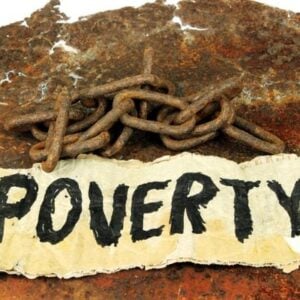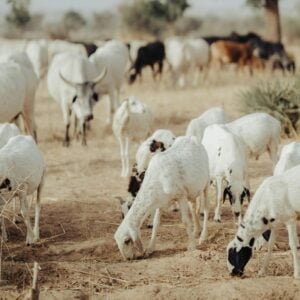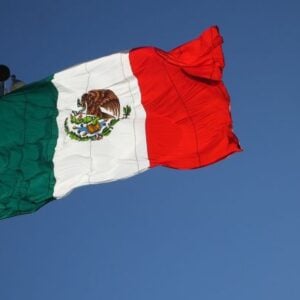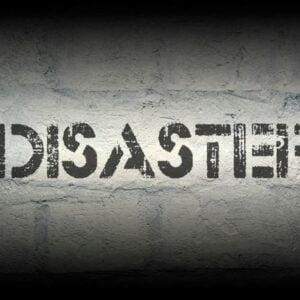In Africa’s drylands, the survival and well-being of pastoralist communities depend heavily on healthy rangelands, accessible feed, and resilient livestock. Livestock provide not only income and nutrition but also cultural identity and security during crises. However, persistent challenges such as droughts, feed shortages, conflict, and weak market systems threaten these livelihoods. Strengthening fodder and feed value chains has emerged as a critical strategy to help communities protect their herds, maintain income, and build resilience against shocks.
At the September 2025 Community of Practice meeting convened by FAO’s Resilience Team for Africa, experts and practitioners from across the region discussed how investments in fodder production, animal feed, and pastoral development hubs are transforming lives in Somalia and Mali. The meeting highlighted that targeted support, spanning infrastructure, governance, and value chain development, can turn fragile pastoral systems into resilient ones capable of withstanding recurrent crises.
In Somalia, where livestock underpins the livelihoods of 60–65 percent of the population and contributes 45 percent of GDP, shocks such as droughts, locust invasions, and feed shortages continue to pressure pastoralist households. FAO and partners have invested over USD 70 million across nine projects in the past six years, reaching more than 46,400 households, supporting 133 cooperatives, and establishing 346 infrastructures including fodder facilities, markets, veterinary clinics, and water points. The Somali Information and Resilience Building Action project demonstrated substantial gains, with fodder productivity rising 42 percent, tropical livestock holdings increasing 21 percent, daily milk production growing 30 percent, and each dollar invested generating USD 4.30 in returns, helping households diversify income and improve child nutrition.
In northern Mali, pastoralism sustains over 30 percent of the population and contributes 19 percent to GDP, yet prolonged drought and insecurity have undermined herds and household food security. FAO and partners distributed pastoral kits valued at USD 198 each, which included livestock feed, nutritional supplements, veterinary medicines, and water containers. Beneficiaries saw daily milk production more than double, household milk income increase significantly, and a higher percentage achieve acceptable food consumption scores. By protecting herds and stabilizing income, these interventions helped families avoid negative coping strategies and reinforced livestock as a foundation for resilience.
The experiences from Somalia and Mali demonstrate that strong, inclusive feed and fodder systems, combined with access to supportive services and functioning markets, are essential for pastoralist resilience. Investments in fodder production, cooperative development, and private sector engagement enable communities to sustain production, improve nutrition, and withstand shocks. FAO’s Community of Practice continues to facilitate the sharing of these lessons across Africa, ensuring that pastoralist voices and solutions remain central to resilience-building strategies.







